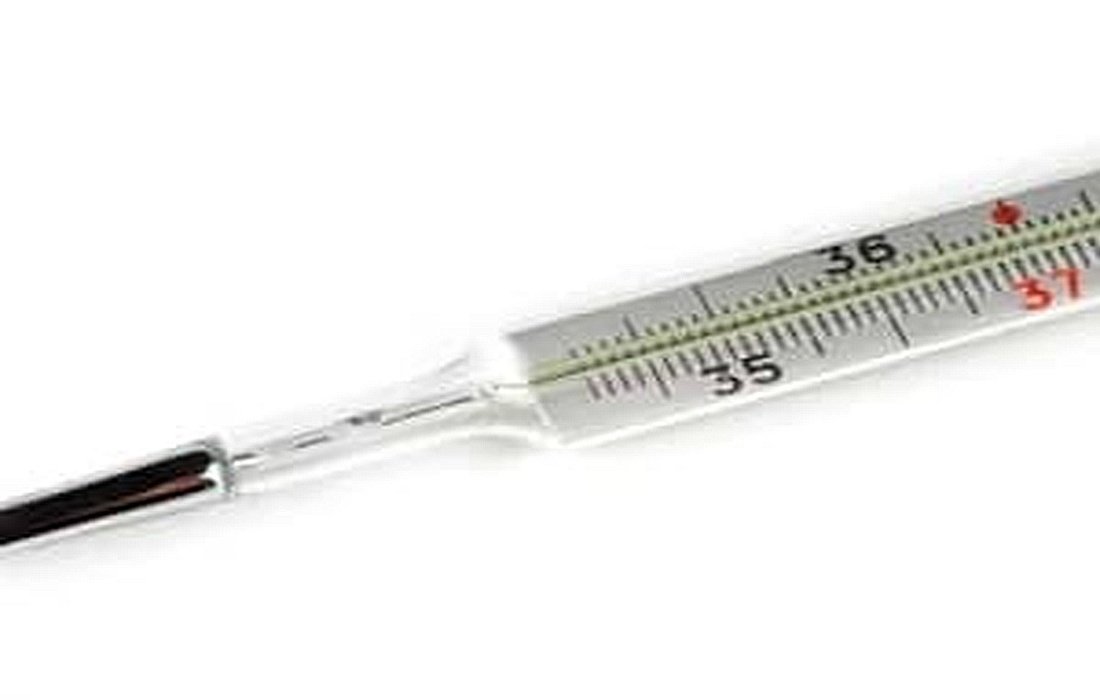The relationship between body temperature and fever; when does fever become beneficial?
Have you ever wondered why your body temperature rises when you have a fever? A rise in body temperature is a natural mechanism that can cause uncomfortable symptoms and occurs when the body temperature exceeds normal levels. It is a protective response that most people go through in their lives.
There are many reasons why people get a fever. In fact, fever is a bodily response that shows the body is fighting something off.

Types of Fever
As a general rule, when a body temperature exceeds 98 degrees Fahrenheit, a person has a fever. There are four types of fever:
- Mild fever, which does not go above 100 degrees Fahrenheit.
- Moderate fever occurs when the body temperature ranges from 100 to 102 degrees Fahrenheit.
- High fever, which exceeds 102 degrees Fahrenheit.
- Severe fever, which is above 104 degrees Fahrenheit.
If the body temperature rises above 110 degrees Fahrenheit or 39 degrees Celsius, it becomes dangerous and medical help is needed.

The Amazing Secret Behind Fever in the Body
The hypothalamus is a part of the brain that regulates body temperature and sends signals to boost production of molecules called pyrogen in the blood when a fever happens.
Pyrogen is a substance produced during a fever, which may include polysaccharides, impurities or products made by bacterial cell walls. The immune system causes inflammation, creating a defense response in the human body, showing itself through fever and an increase in body temperature.
In fact, the body’s internal system hopes that by raising the temperature, it can create changes to improve health and eliminate bacteria and microbes, as most infections, bacteria, and viruses do not survive at temperatures above 99 degrees Fahrenheit and ultimately perish.

When the temperature rises, microorganisms stop reproducing or at least their reproduction rate slows down, reducing vulnerability and boosting the immune system.
Fever is the body’s response to external factors that, if overwhelming, can backfire. But the question arises: if fever can be harmful, why does the body raise its temperature? Fever aids in fighting disease but can also result in death or cause irreversible harm in serious medical cases.
However, a question emerges: do doctors permit the body temperature to rise? And if so, how much? This is an ongoing debate in medicine, with some experts favoring keeping fever at a moderate level for a better immune response, while others support reducing it with fever-reducing medications.







